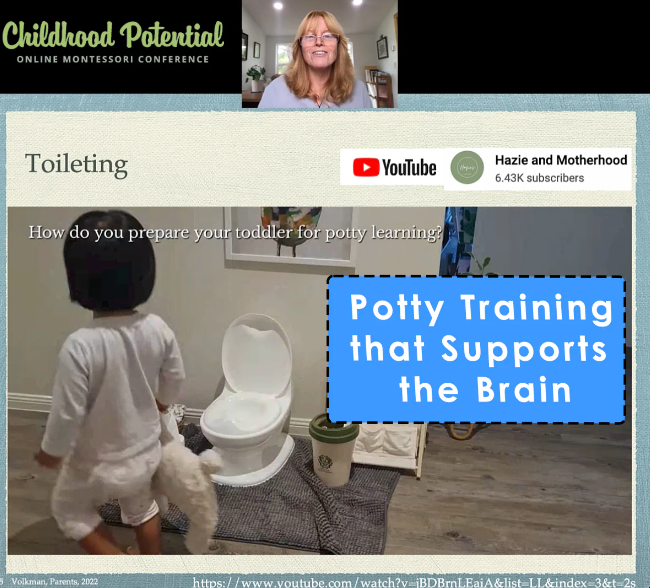Stress, Resilience, & Ukraine

I prepared this talk to help (hopefully) the Montessori teachers working in Ukraine or who have been displaced from their home by the war. I'll be meeting with them to discuss their questions and we're going to record that so stay tuned for more! In the meanwhile, you can learn more about the Ukrainian Montessori Community on their website: https://montessoriua.com/
This post and the video below quickly review some high level information about chronic stress and evidence-based strategies to promote resilience (our ability to handle and move past challenges).
Stress is real. It affects our brain's and our bodies. It can make it harder for us to keep track of things, control our reactions, think flexibly, and respond actively. While this is true, it doesn't mean that we're doomed!
Resilience is also real and has physical effects on us that can counter the effects of stress.
Most of us don't have the luxury of waiting until a stressful situation resolves before trying to move forward. For those of us working with children, this is especially true. In children and in adults, the brain is learning all the time; it just may be learning some unexpected, ineffective, or unskillful things. So, we have to do our best to guide it back towards the positive. And then we need a cruise-ship full of patience while we wait for the brain and body to heal.
So, when life is giving us difficult things to work with, we have to acknowledge reality: stress can affect our capacity. At the same time, we can also build in as many resiliency factors as possible to try and counteract the maladaptive effects of stress. Here are some key, evidence-based ways to buffer stress:
- Maintain strong relationships/social connections
- Stop multi-tasking (that creates stress)
- Follow predictable routines
- Pause to add in buffer time in the face of acute stress
- Practice mindfulness
- Find your inspiration/goal and work towards it
- Get more exercise
- Prioritize sleep (exercise helps with this)
- Spend time in nature
If the stress is too extreme for us to do this for ourselves (which it most certainly can be), we hopefully have a social network that can guide us towards a resiliency track. Curiously, that act of helping others is actually a resiliency factor. It gives us a purpose. In Montessori we call this meaningful work. Meaningful work is something all of us crave.
We've included a PDF of the slides below for your reference. I encourage you to read these and go deeper with the references. (FYI, you can find many scholarly articles on scholar.google.com).
Please comment below if you can add to this conversation. In times like these, we all need to work together to help each other manifest our full capacity. And, helping each other will help to buffer against stress! So, start typing :)








2 comments
@Stephanie: Thank you back! Your Brain Health Initiative has transformative potential. Everyone should know about brain health.
Julia Volkman
Thank you for your great work.
Stephanie Peabody
Leave a comment
This site is protected by hCaptcha and the hCaptcha Privacy Policy and Terms of Service apply.